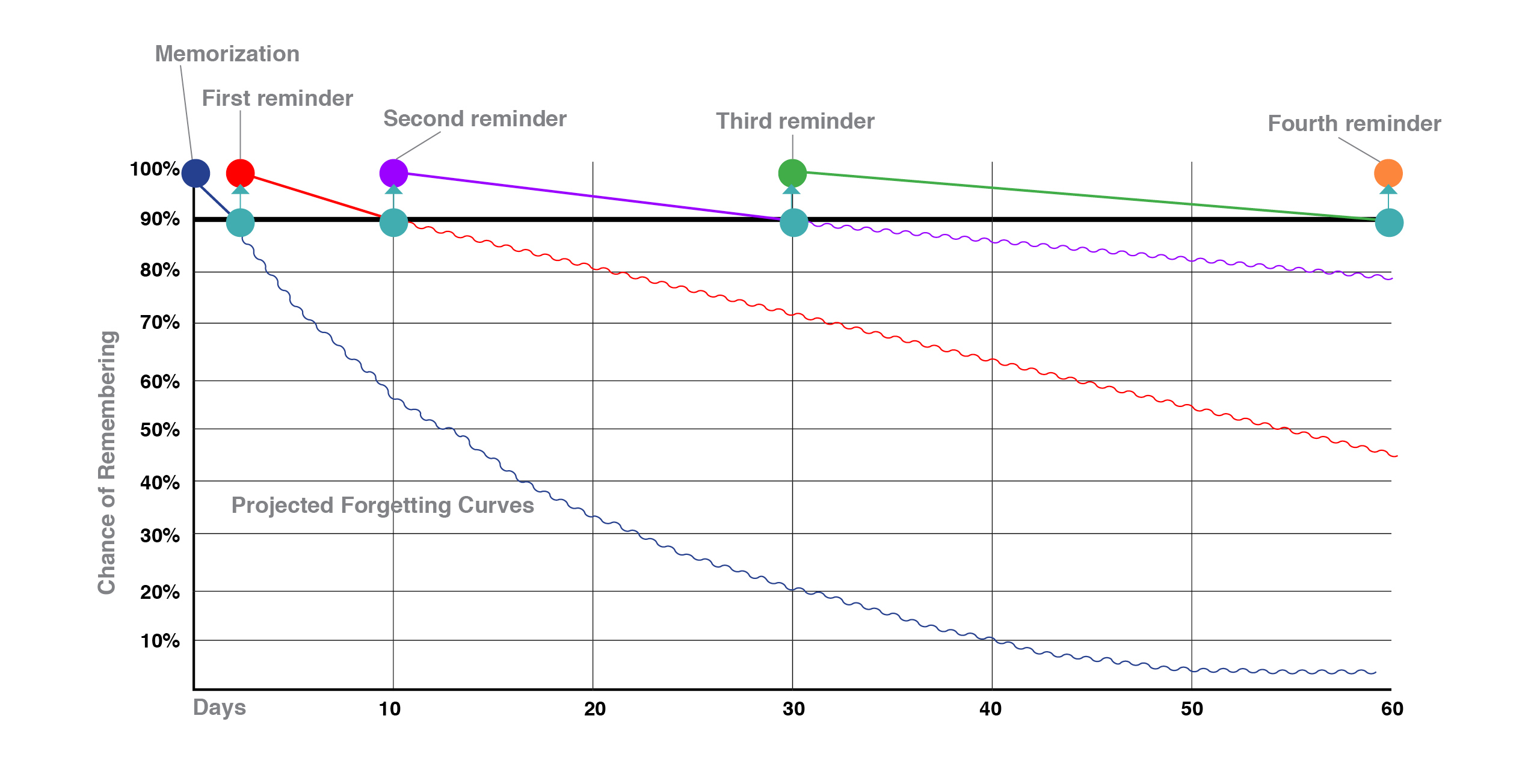I am trilingual—I can read, speak, and write in English, Spanish, and French.
Depending on where you are, you might see this as a feat or you might see it as trite. I see it as a process. I like how they sound and using them when I travel makes me happy.
I learned Spanish in high school. I got high marks, but I couldn’t speak Spanish. Then I learned it in college, but I still couldn’t really speak Spanish. Then, I started speaking in Spanish and I was finally able to speak Spanish.
I started learning French in college and I became fluent in 4 years. What really did it for me were the 7 months I spent in France, immersing myself in the language and culture. The most important lesson wasn’t that I should never address my host mom with tu, or that I should never miss dinner again because “Ce n’est pas un hôtel” (This is not a hotel), but how to actually learn to speak a foreign language.
Until I decide to enroll in a master’s degree program, I won’t have time to take any language classes, hence if I want to uphold my polyglot dreams, I would have to learn how to teach myself.
So, like any ambitious young adult, I came up with a plan to impress my friends.

There are three things that are essential, and if you skip them as someone who isn’t a baby living in a multilingual household, you’re going to have a hard time.
- Vocabulary (words)
- Grammar (the order of those words)
- Immersion (an environment to use those words quickly)
Let’s call this the VGI method. There are three dimensions to this method, and if you skip them as an independent learner, you’re better off using an app.
- Content (VGI resources)
- Time (free of multitasking)
- Routine (consistency)
Let’s refer to this as having CTR.
To be able to have a conversation, you need to experience immersion. To benefit from an immersive experience, you need to participate through listening and speaking. To understand what you hear and respond to it, you need to know how sentences are put together and how to put sentences together yourself. For that to happen, you need to know words.
Essentially, you need to learn some vocabulary to unlock grammar, and as you are learning grammar, you will find yourself unlocking more vocabulary. If you do this well, you’ll be prepared for immersion, which will accelerate your learning process, and your friends will be in your direct messages in very little time.
Having CTR is a major key for learning fast.
What you are using to learn is equally as important as setting up a routine and having uninterrupted time to retain information.
There are resources everywhere. A search engine will show you both free and premium options for vocabulary and grammar, and for audio and video streaming services, which are stepping stones for immersion.
How? You only focus your CTR around what is necessary.
There’s a principle in economics referred to as the 80/20 rule, claiming that for many situations, 80% of the results come from 20% of the causes.
The most common 2500 words in a language make up 95% of its vocabulary. Tomorrow, we will probably reuse most of the words we are using today. That means learning words that are used more often in a language will give you a greater return on investment.
After deciding which words to learn, the next step is spaced repetition. There are tools for this, like Anki. Spaced repetition is a learning technique where you increase how often you review a piece of information. For example, if you are using spaced repetition with French flashcards, you would see the word chat appear every 5 cards, then every 10 cards, then 20, then 25. You will retain chat better in your memory than if you just saw it every 50 cards. This is a powerful technique that allows you to decrease time spent studying while increasing the amount you learn.
 To go places and do things that have never been done before – that’s what living is all about.
To go places and do things that have never been done before – that’s what living is all about.
There is an international standard for describing language ability; it is referred to as the Common European Framework of Reference For Language Learning (CEFR). There are six levels to language mastery. Here are the average number of words you should now for each level:
- 500 words → A1 (Beginner)
- 1,000 words → A2 (Elementary)
- 2,000 words → B1 (Intermediate)
- 4,000 words → B2 (Upper Intermediate)
- 8,000 words → C1 (Advanced)
- 16,000 words → C2 (Proficient)
To go up a level, you have to learn twice the amount of words in your level.
Fortunately, if you follow this strategy, you can go from A1 to B2 in a matter of months. In order to speak fluently, all you need is to condense high-frequency words into the first 2,500 words you learn.
What is your experience with language learning?
If you want to learn more techniques or share your story, feel free to reach out to me via email or social media.